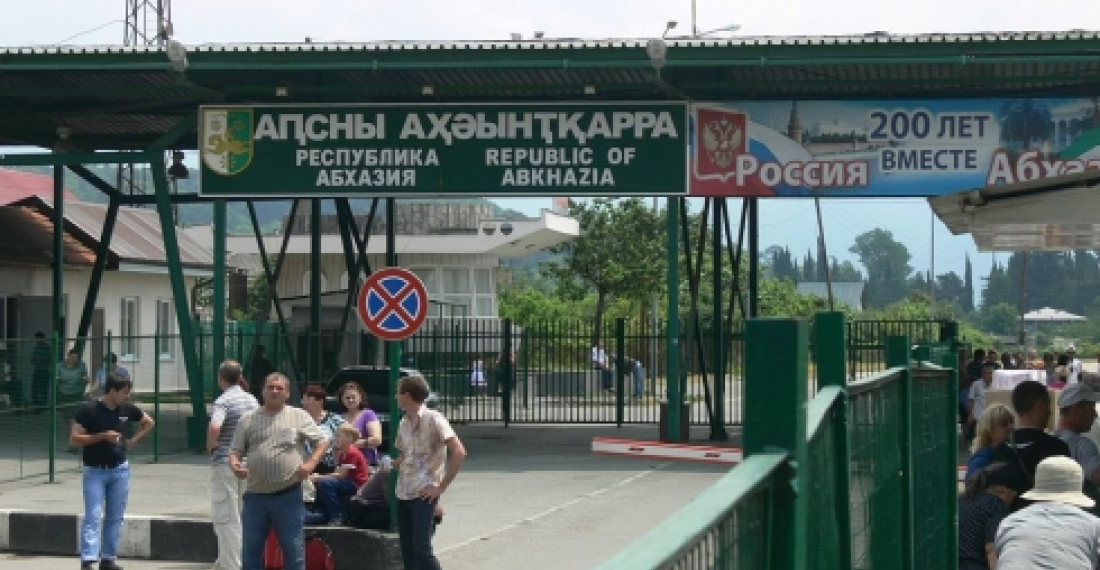Every country participating in an OSCE parliamentary assembly, apart from Russia, voted on Monday in favour of a draft resolution accusing Russia of breaching international law for its actions in the territories of South Ossetia and Abkhazia. The session has been meeting in Tbilisi from 1-5 July.
The document expresses “regret that despite international calls, the Russian Federation remains in breach of International Law and disregards the EU-mediated 12 August 2008 Ceasefire Agreement, by continuing the policy of occupation and creeping annexation of the regions of Georgia - Abkhazia and Tskhinvali/South Ossetia through the so-called “integration treaties.”
It also refers to the “grave humanitarian and human rights situation”, and “urges the Russian Federation to reverse the recognition of Georgian regions and stop occupation of the territories of Georgia."
Russian officials dismissed the motion as biased. “We do not support the draft resolution as it is politically motivated and does not express the will of Abkhazian and Ossetian people,” delegation member Iliya Kostunoff, according to Agenda.ge.
A final vote was expected on Tuesday. The resolution’s chief sponsor was David Usupashvili, speaker of the Georgian parliament. "Fifty-six countries across the world tell one country to respect the standards that need to be respected," he said.
A full text of the resolution can be viewed here.
SOURCE: commonspace.eu and agencies
PHOTO: Russia’s border with Abkhazia






